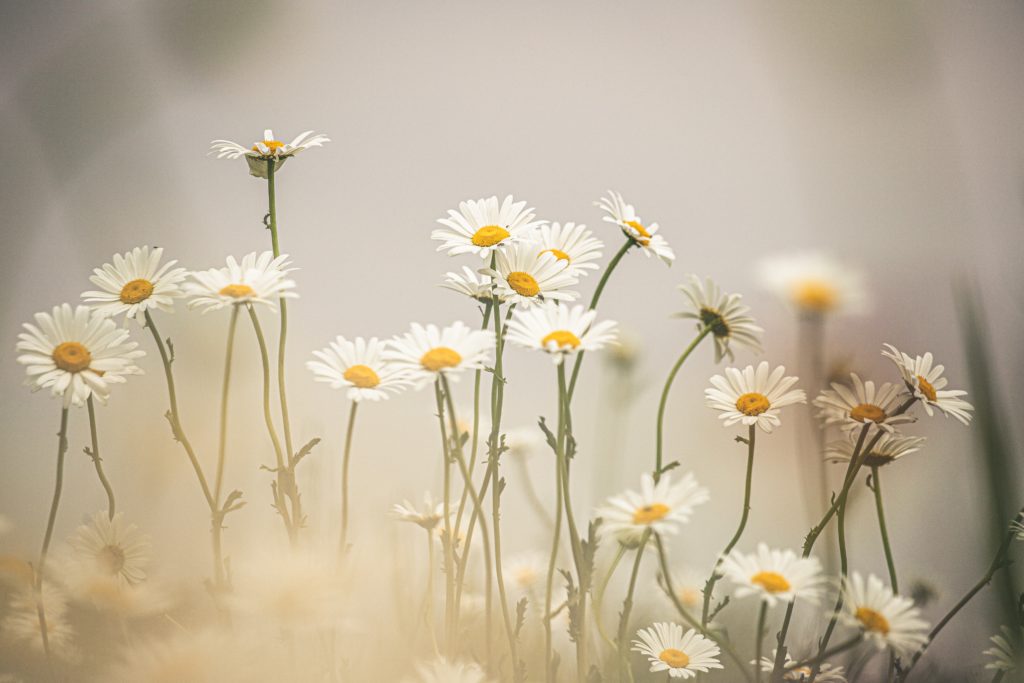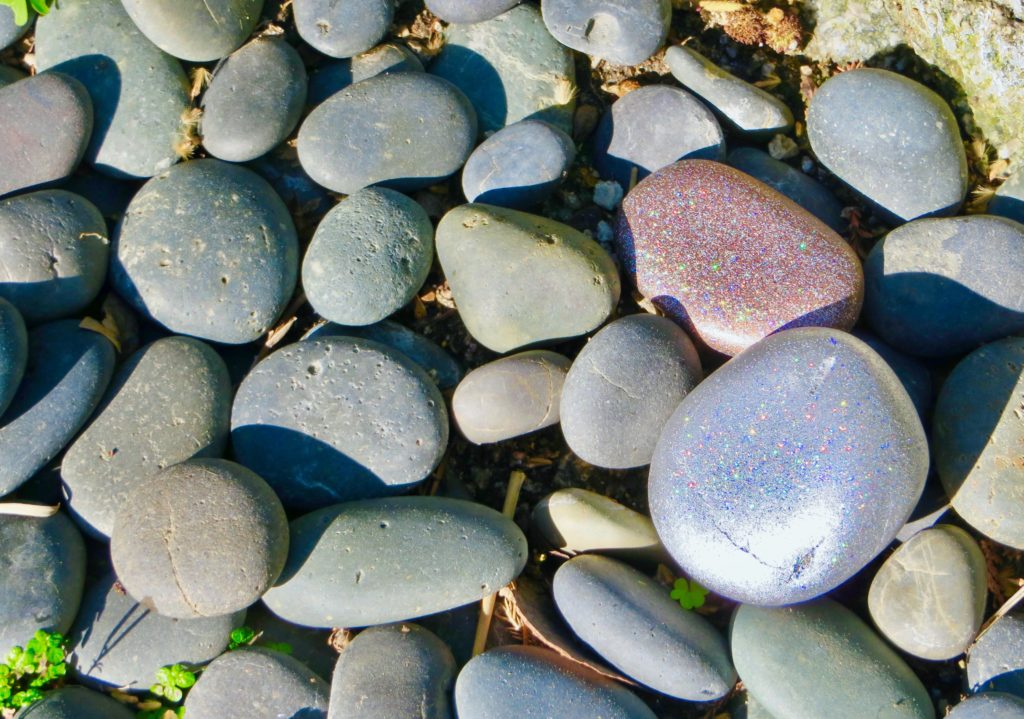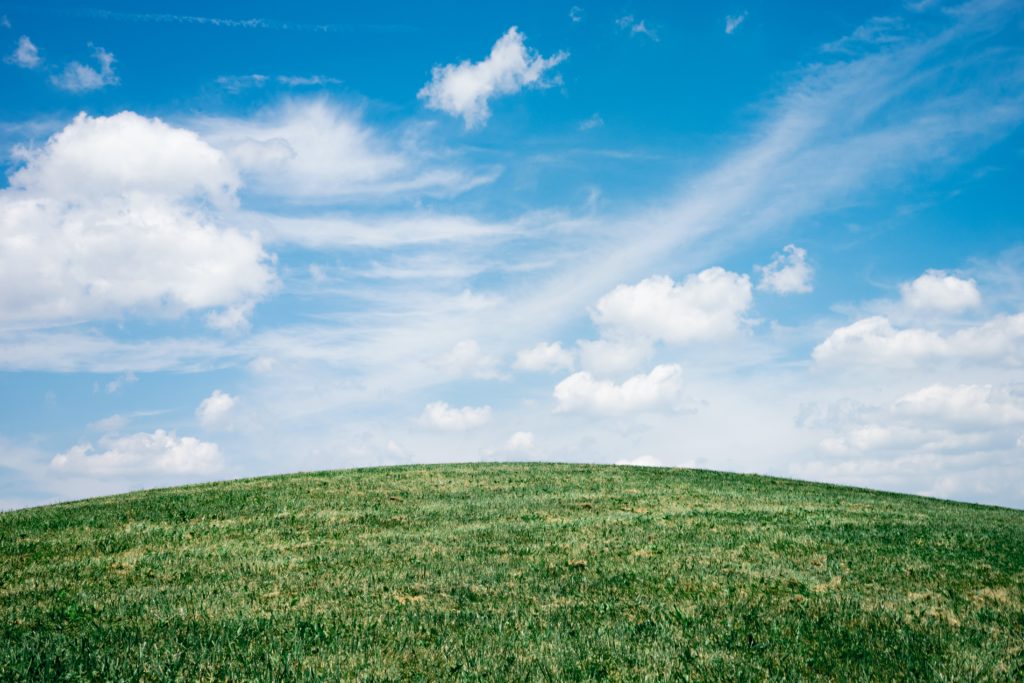
One afternoon last week I went for a walk along Grand View Avenue. You can see the name spelled Grandview in some spots around here, but I think that’s just the careless fault of a human hand. Or maybe someone second-guessed the waste of an empty space and shoved the words together. I’m almost sure the intended name was Grand View because of its once-splendid view from the northernmost tip of our town near the top of the San Gabriel foothills.
These days, with the sky clean and bright, you can appreciate what the name promised a hundred and twenty years ago. If your homestead had been perched high enough, you could see over trees and rooftops to the vast stretch of flatlands to the south, then beyond a rim of short hills, and on a good day, all the way to the coast and the dark blue forever.
This day on Grand View was sunny and hot and I wasn’t alone on the street, although I felt invisible. People passed, some in close groups, none wearing a mask. Cars, once extinct, raced by. An SUV slowed its roll as it came to the intersection I was crossing, then whipped into a right-hand turn before I came too close to halt its motion. I get it: it’s killing us to stay home this long and like death to keep still. Aren’t we over all this? How much time can we lose?
I came across a dead squirrel on the sidewalk. I got the feeling I was the first to see it, stiffened not ten steps from someone’s front door. It was sad to come face-to-face with what we miss in our careless haste, what we overlook in our mad escape. I said a chant, which was all I could do for the lifeless squirrel and this restless world, stopped for a moment in the empty space on Grand View.
“All in a Good Day” a new dharma talk
Photo by Scott Webb on Unsplash

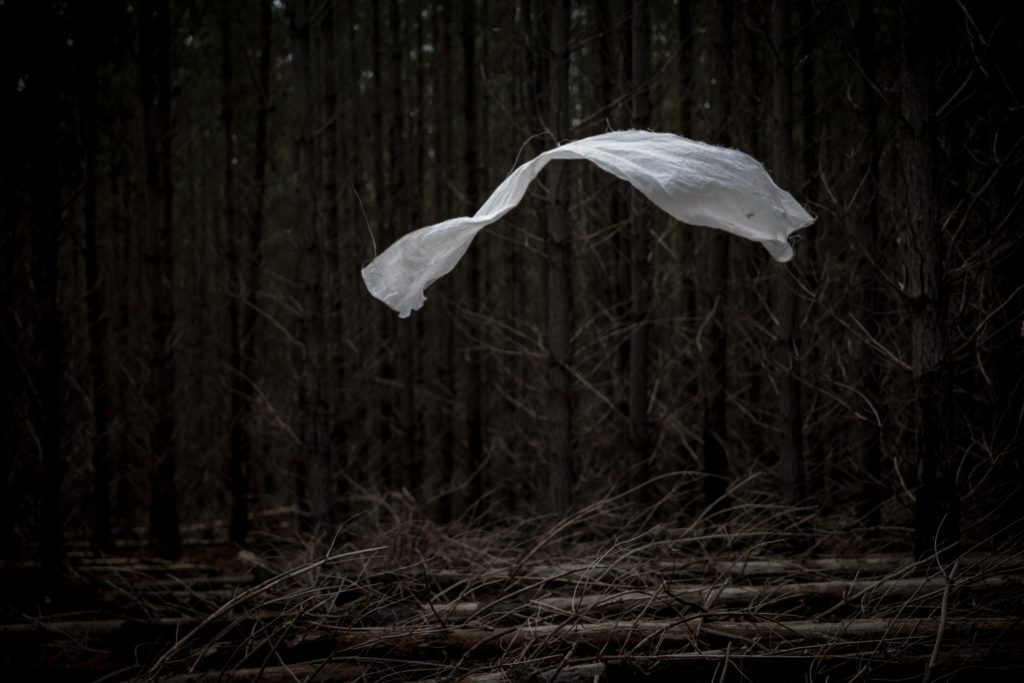
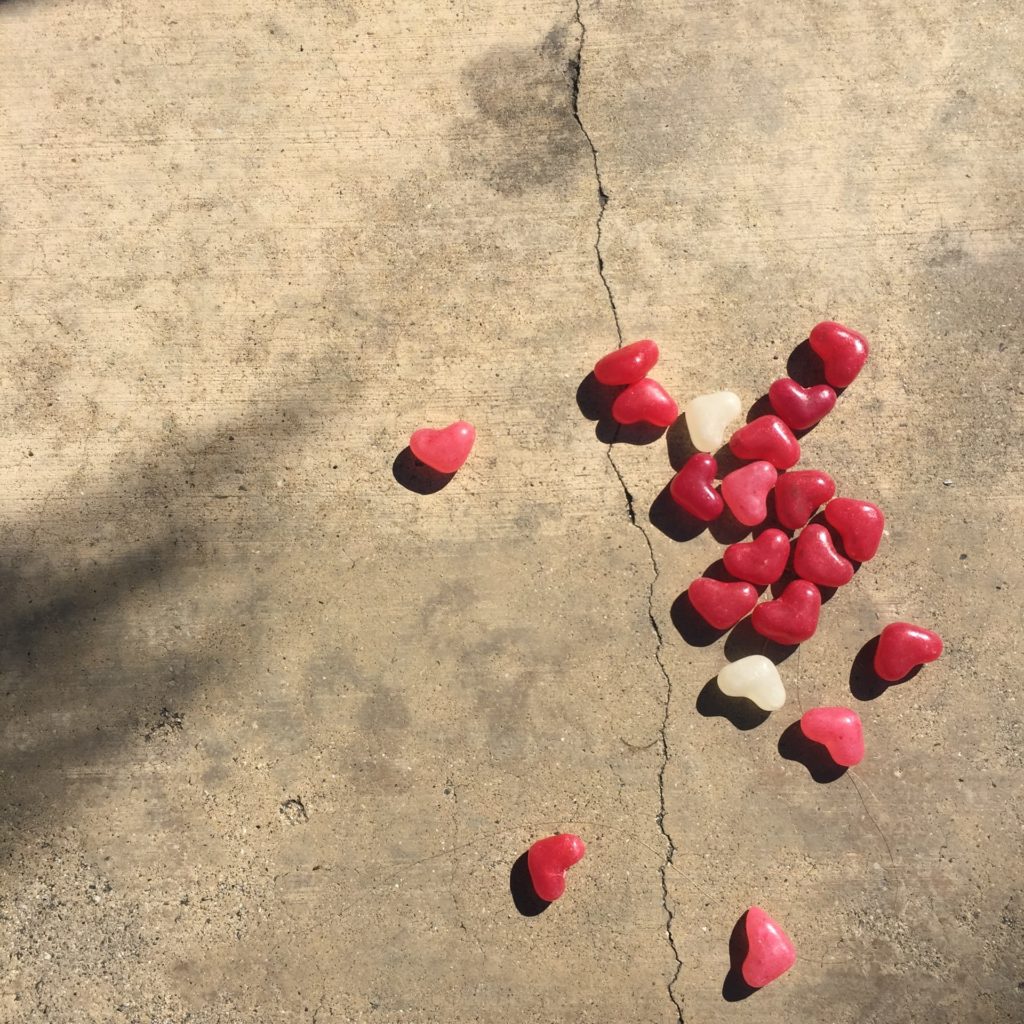
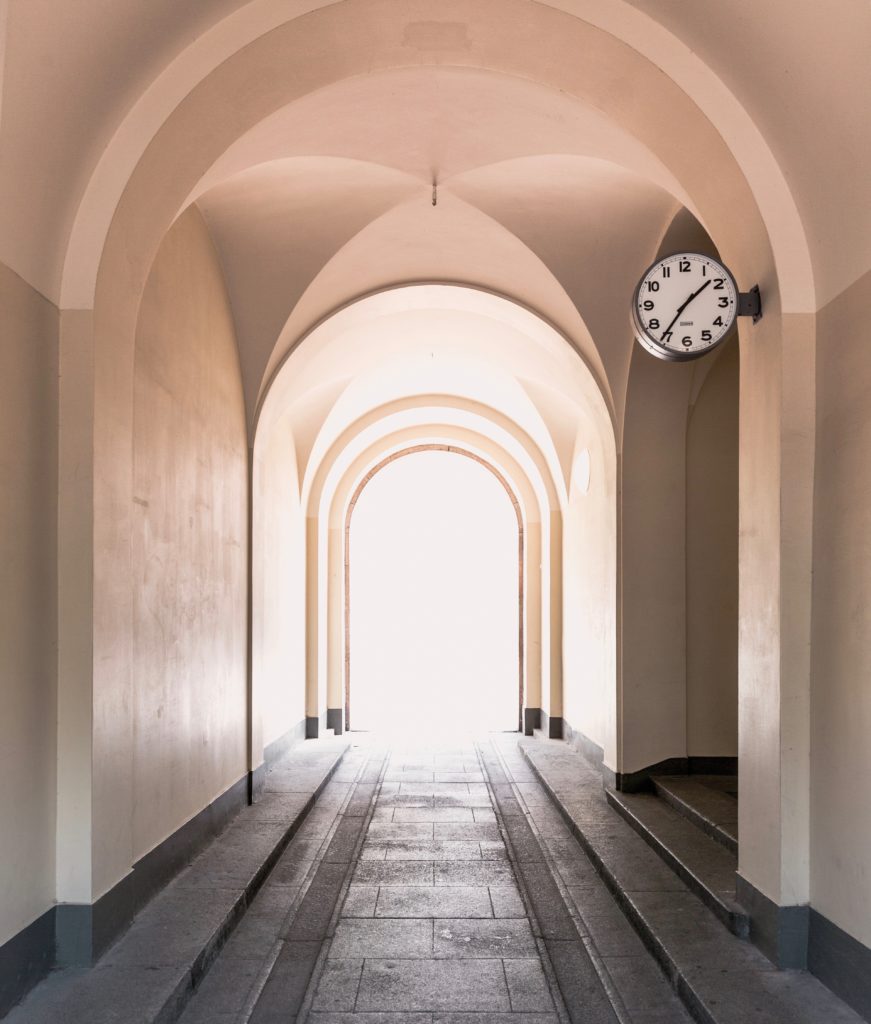
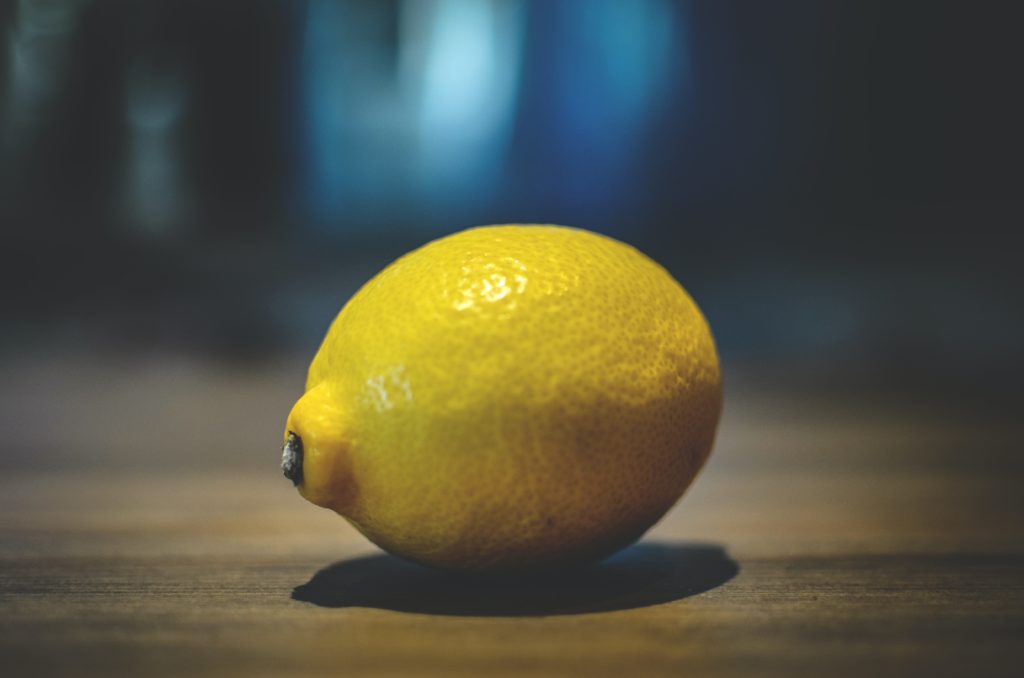
 It’s okay to be angry. Be totally angry. You don’t have to build it, bury it or chew it. Anger incinerates itself, and it will end.
It’s okay to be angry. Be totally angry. You don’t have to build it, bury it or chew it. Anger incinerates itself, and it will end.
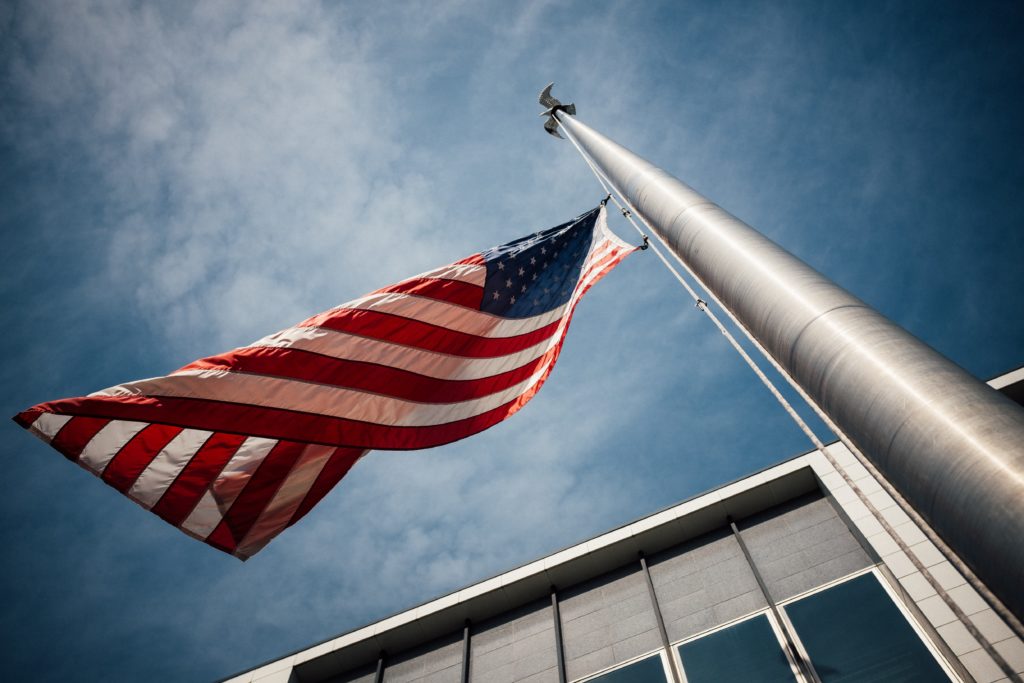

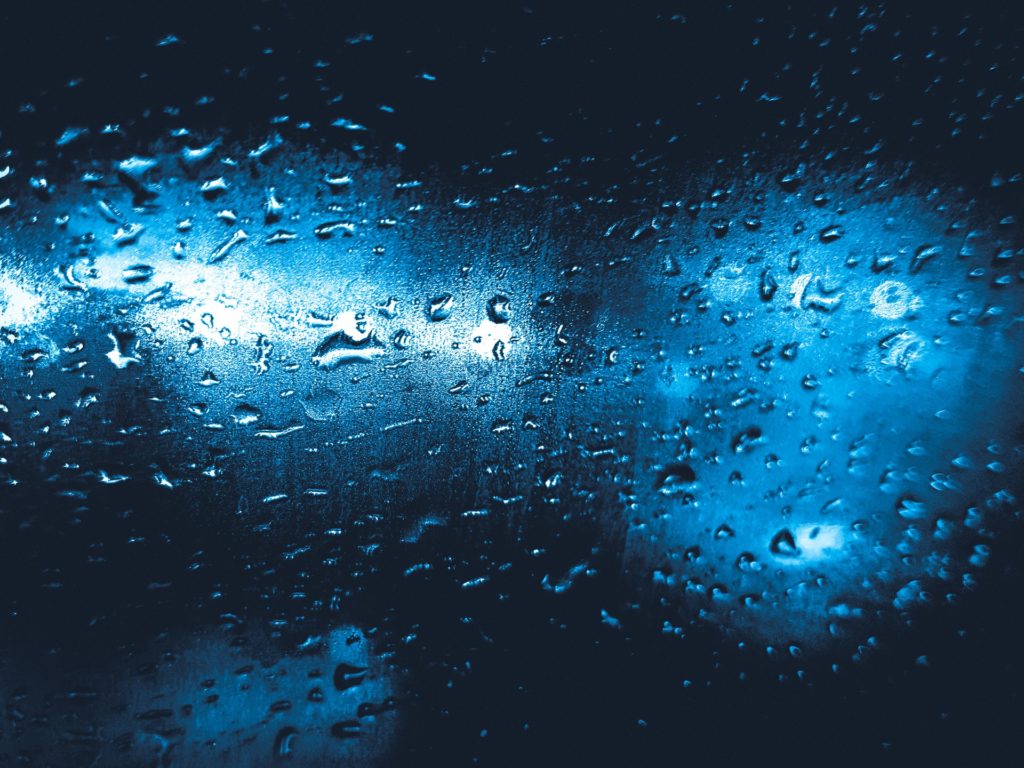
 1.Wake with the sun
1.Wake with the sun